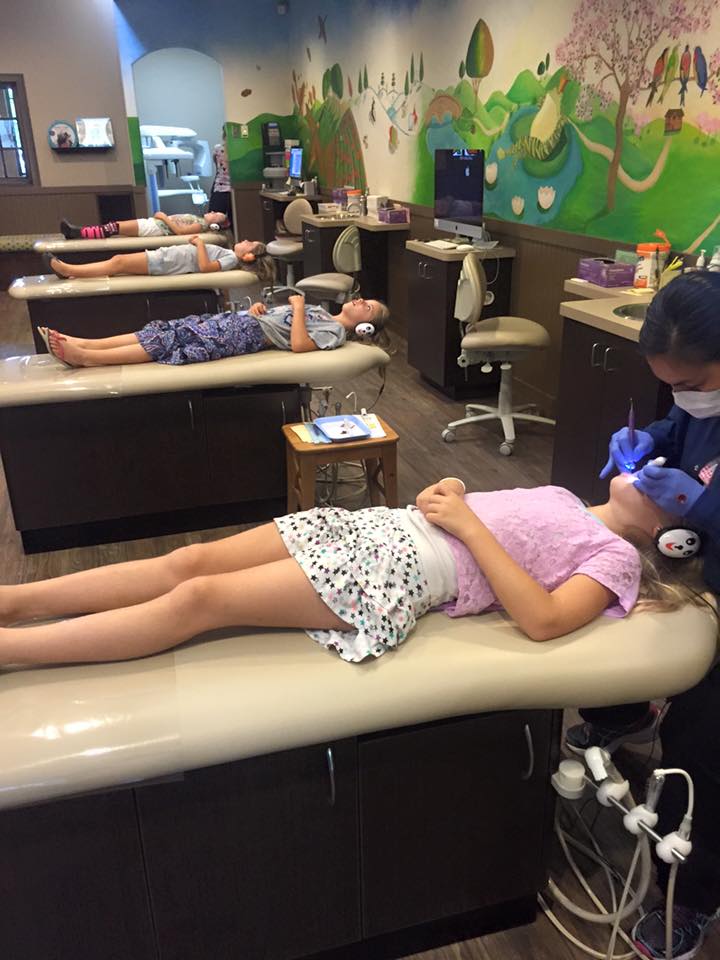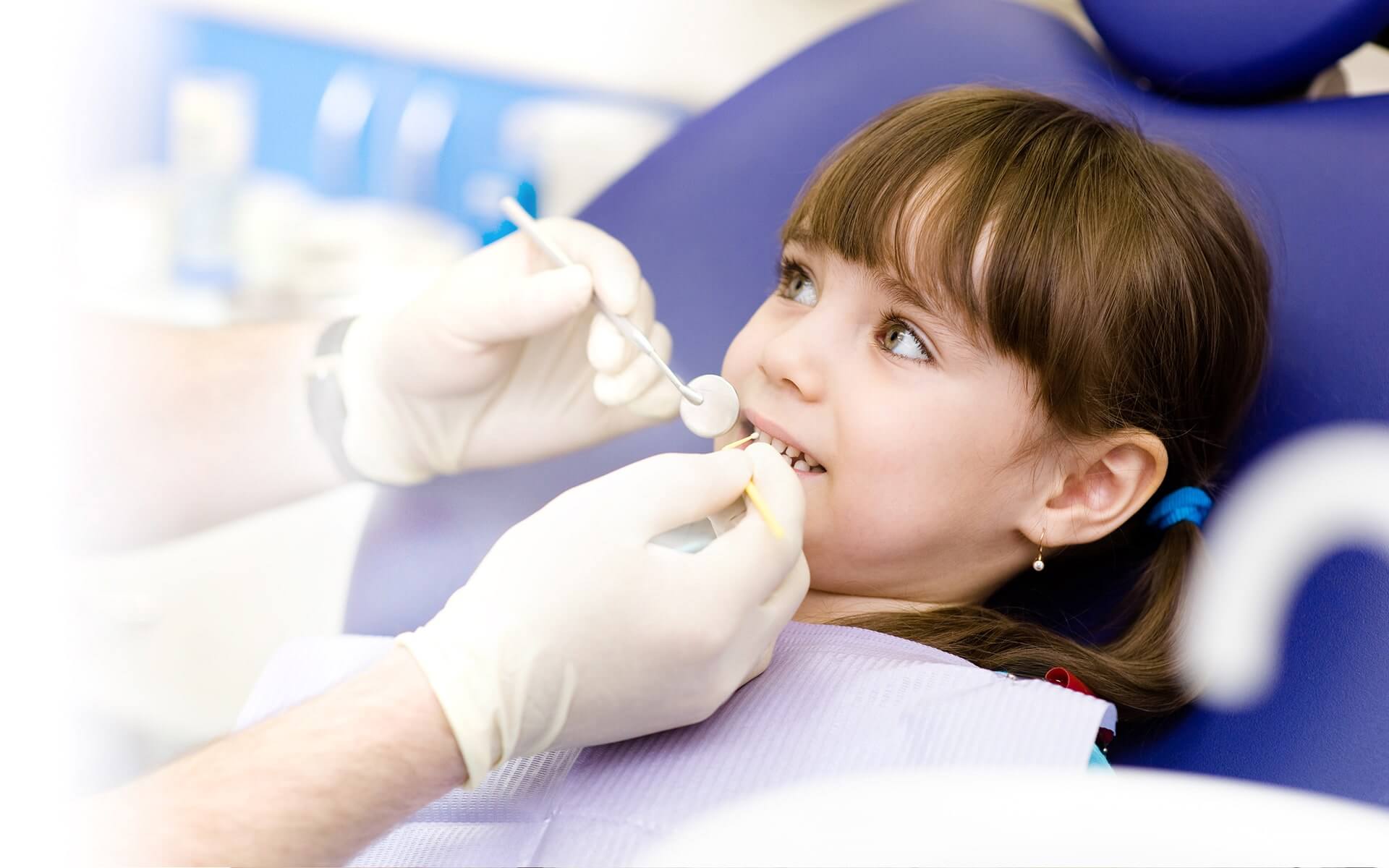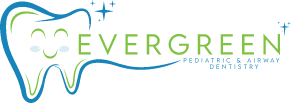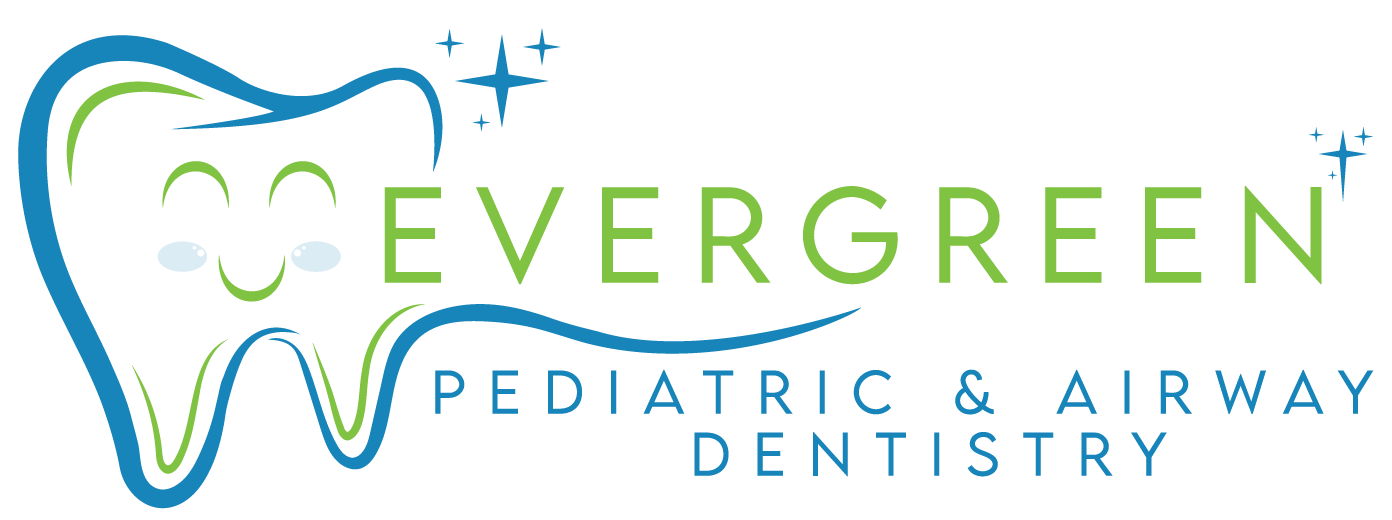Breathe Easier: The Benefits of Airway Focused Dentist
Are you concerned about your child’s airway health? Many people are unaware of the long-term dangers posed by poor airways, and now more than ever it is important to focus on creating healthy breathing habits from a young age. Airway focused dentist is becoming increasingly popular as a way to keep children safe while promoting overall better well being and optimal oral function. Here, we’ll discuss why parents should prioritize airway focused dental care for their kids and the associated benefits of this preventive approach.
What is Airway Focused Dentistry and How Does It Benefit Kids’ Health and Wellbeing
Airway-focused dentistry is a specialized approach that emphasizes the importance of the structure and function of a child’s airway. This comprehensive method takes into account various factors, including oral health, particularly the shape and alignment of the teeth and jaw, and their impact on air circulation during both sleep and daily activities. By closely monitoring and proactively addressing potential issues, this dental approach aims to prevent the development of breathing-related problems, such as sleep apnea, snoring, or other sleep-disordered breathing conditions.
The benefits of this preventive dental approach are manifold. First and foremost, it ensures uninterrupted and high-quality sleep, which is crucial for a child’s growth and overall development. By promoting proper airway function, it also reduces the risk of behavioral and academic issues that can arise due to poor sleep quality. Additionally, by maintaining optimal oral and airway health from an early age, we can potentially mitigate the need for more complex treatments in the future. Therefore, airway-focused dentistry is not only a short-term solution but also a long-term investment in a child’s overall health and well-being.
With its emphasis on the interplay between oral health and airway function, airway-focused dentistry seeks to provide a holistic approach to dental care for children. By addressing potential airway issues and promoting healthy breathing, this specialized approach aims to optimize not only dental health but also overall physical and cognitive development. By considering the intricate relationship between oral health and airway function, airway-focused dentistry offers a comprehensive and proactive strategy for promoting the well-being of young patients.
How Poor Airway Habits Can Impact Your Child’s Long-Term Health
Poor airway habits can have significant long-term health implications for your child. The most immediate of these is the disruption of your child’s sleep due to conditions like snoring and sleep apnea. These disturbances can lead to insufficient rest, which can cause a range of problems from cognitive deficits to behavioral concerns. In fact, some studies suggest a link between poor sleep quality and attention deficit disorders in children. Furthermore, inadequate sleep can also affect a child’s growth and development, as crucial growth hormones are primarily secreted during deep sleep.
Long-term mouth breathing, a common occurrence in children with poor airway habits, can lead to changes in the facial structure, causing issues such as elongated faces, gummy smiles, crooked teeth, and improper jaw alignment. This not only affects a child’s appearance but also has functional repercussions such as difficulty chewing and speaking.
Moreover, if left unaddressed, poor airway habits can escalate into chronic health issues in adulthood, including hypertension, heart disease, and diabetes. Therefore, airway-focused dentistry is an essential preventive measure to mitigate these risks and enhance your child’s overall well-being. It is an investment in their health that can potentially avoid more complicated and costly treatments in the future.

Airway Dental Service Bothell WA
The Benefits of Early Intervention with Airway Focused Dentistry
Early intervention with airway-focused dentistry can have significant benefits. It allows for the identification and correction of potential issues before they evolve into more serious conditions. For instance, early detection of improper jaw alignment can enable dentists to implement corrective measures such as orthodontic appliances or therapy, which may help to improve airway function and facilitate healthier growth and development.
Moreover, initiating airway-focused dentistry at a young age can also foster good oral hygiene habits that can last a lifetime. It encourages children to take an active role in maintaining their oral and airway health, thereby reducing the risk of developing oral diseases and breathing disorders later in life.
Ultimately, the primary benefit of early intervention with airway-focused dentistry is the potential for improved quality of life. By ensuring optimal airway function and promoting better sleep quality, it can significantly enhance a child’s physical health, academic performance, and overall well being. Thus, it is not simply a matter of dental health, but a comprehensive approach to promoting holistic health from an early age.
How to Identify Signs of Sleep Disordered Breathing in Your Child
Identifying signs of sleep-disordered breathing in children can be challenging, as many symptoms may seem like normal child behavior or are only noticeable during sleep. However, there are certain signs you can look out for.
- Night-time symptoms: Pay attention to frequent snoring, gasping, or choking sounds during sleep, restlessness, frequent awakening, and excessive sweating at night. These are common signs of sleep-disordered breathing. Also, observe if your child sleeps in unusual positions, particularly with their neck extended, as this can indicate airway obstruction during sleep.
- Daytime symptoms: Keep an eye out for daytime sleepiness, morning headache, difficulty waking up, and sluggishness. These symptoms may indicate poor sleep quality due to interrupted breathing during the night. If your child consistently experiences these symptoms, it is important to address the underlying sleep-disordered breathing issue.
- Behavioral changes: Be aware of any irritability, aggression, hyperactivity, or decline in school performance. These behavioral changes can also be associated with sleep-disordered breathing in children. Disrupted sleep can affect their mood, cognitive function, and overall well-being.
- Physical signs: Look for signs like mouth breathing, nasal speech, difficulty swallowing, or an elongated face shape. These physical signs can provide additional clues to the presence of sleep-disordered breathing.
If you notice any of these signs, it is advisable to consult a professional who specializes in pediatric airway health. They can conduct a comprehensive evaluation and recommend appropriate interventions or treatments. Remember, early detection and intervention can help prevent the development of more serious conditions and improve your child’s overall health and wellbeing. Taking proactive steps to address sleep-disordered breathing in children is crucial for their long-term health and quality of life.
The Benefits of Treating Obstructive Sleep Apnea with Airway Focused Dentistry
Treating Obstructive Sleep Apnea (OSA) with airway-focused dentistry offers multiple benefits, contributing not only to improved sleep quality, but also overall health and quality of life. One of the most tangible benefits is the reduction or complete elimination of snoring and other OSA symptoms, leading to a more restful sleep. This can translate into improved mood, increased energy levels, and better cognitive function during the day.
Moreover, by addressing the underlying causes of OSA, airway-focused dentistry can help prevent the progression of the disorder, subsequently reducing the risk of associated health complications such as cardiovascular diseases, diabetes, and stroke.
From an orthodontic perspective, airway-focused dentistry can also lead to enhanced facial aesthetics and better jaw alignment, repairing not only OSA-related complications but also contributing to higher self-esteem and improved social interactions.
Additionally, for children, airway-focused dentistry interventions can guide proper jaw and facial growth, thereby preventing the development of OSA in the first place.
Lastly, given its non-invasive nature, airway-focused dentistry can be a more comfortable and convenient treatment option for many patients as it avoids the need for more invasive medical interventions.
In summary, the benefits of treating OSA with airway-focused dentistry are multifaceted, ranging from improved sleep and better daily function to enhanced oral health and prevention of serious health conditions.
Practical Tips for Keeping Your Child’s Airways Healthy
Here are some practical tips to help maintain your child’s airway health:
- Encourage good oral hygiene: Teach your child the importance of brushing and flossing daily. Regular dental check-ups can also help in early detection of potential oral health issues that could affect the airway.
- Promote a healthy diet: A diet rich in fruits, vegetables, and whole grains can boost your child’s immune system, helping to prevent infections that could affect the airway.
- Ensure adequate hydration: Keeping the airway moist is important. Encourage your child to drink plenty of water throughout the day.
- Exercise regularly: Physical activity can help strengthen the respiratory muscles, improving overall airway health.
- Limit exposure to allergens: Regular cleaning of your home can reduce the presence of allergens like dust, which can irritate the airway.
- Maintain a healthy sleep schedule: Ensure your child gets enough sleep every night. A lack of sleep can weaken the immune system, making your child more susceptible to infections that could affect the airway.
- Teach proper breathing techniques: Encourage your child to practice nasal breathing instead of mouth breathing, which can dry out the throat and increase the likelihood of infection and inflammation.
Remember, maintaining your child’s airway health is a collaborative effort involving good health habits, regular check-ups, and staying informed about potential airway issues.
Finding the Right Airway-Focused Dentist for Your Child
Finding the right airway-focused dentist for your child is a critical step in safeguarding their airway health. Here are some factors to consider:
- Expertise and Training: Ensure the dentist has specialized training in airway-focused dentistry. They should be well-versed in diagnosing and treating airway-related issues in children.
- Experience: Look for a dentist who has a solid track record in treating pediatric patients with sleep-disordered breathing issues.
- Holistic Approach: Choose a dentist who looks beyond symptoms and seeks to address underlying causes. The dentist should be able to provide comprehensive care, which includes preventive measures, treatment, and patient education.
- Communication: The dentist should be approachable and open to discussion. They should be able to explain complex medical conditions in an easy-to-understand manner and answer all your queries patiently.
- Child-friendly Environment: Since a dental clinic can be intimidating for many children, opt for a dentist who works in a child-friendly environment to make the experience less daunting for your child.
- Referrals and Reviews: Ask for recommendations from your pediatrician or other parents. Online reviews can also provide insights into the dentist’s practice.
- Cost and Insurance Coverage: Airway-focused dentistry can be a long-term, ongoing treatment. Therefore, it is essential to consider the cost and whether your insurance coverage includes such treatments.
Remember, your child’s oral health is integral to their overall health and well-being. Therefore, finding the right airway-focused dentist is essential. With the right dentist, you can ensure that your child’s airway health is in good hands.

Airway Dentist
How to Prepare for Your Child’s First Visit to an Airway-Focused Dentist
The first visit to any dentist can be intimidating for children, especially for a specialized oral treatment like airway-focused dentistry. Here are some tips to help prepare your child:
- Explain the purpose of the visit: Help your child understand why they are visiting a dentist and what kind of treatment they will receive. Assure them that the dentist is here to help and make them feel better.
- Educate about oral health: Take this opportunity to explain to your child why oral hygiene is essential and how it can impact their overall health.
- Reassure and stay positive: Children are sensitive to their parents’ emotions, so it’s crucial to stay calm and positive. Reassure your child that you will be there with them throughout the visit.
- Bring comfort items: If your child has a favorite toy or blanket, bring it along to provide a sense of familiarity and comfort during the visit.
- Be honest about any discomfort: Let your child know that they may experience some discomfort during the visit, but it will not be long-lasting. This honesty can help build trust between your child and the dentist.
- Arrive early: Arrive a few minutes early to allow your child time to adjust to the new environment and for any paperwork that may need to be filled out.
Remember, the dentist’s goal is to help improve your child’s airway health, so it’s essential to work together as a team. By following these tips, you can make your child’s first visit to an airway-focused dentist a positive experience.
Maintaining your child’s airway health is crucial for their overall well-being. By following practical tips and finding the right airway-focused dentist, you can ensure that your child’s airways remain healthy and free from potential issues. Remember to prepare your child for their first visit to an airway-focused dentist to make the experience less daunting and more positive. With proper care and attention, you can help your child breathe easy and live a healthy life. So, don’t wait any longer – start taking the necessary steps to safeguard your child’s airway health today!
Evergreen Pediatric Dentistry
https://www.google.com/maps?cid=14720788683151219551
12910 Totem Lake Blvd NE #103, Kirkland, WA 98034, United States
(425) 814-3196
https://evergreenkidsdentist.com/


